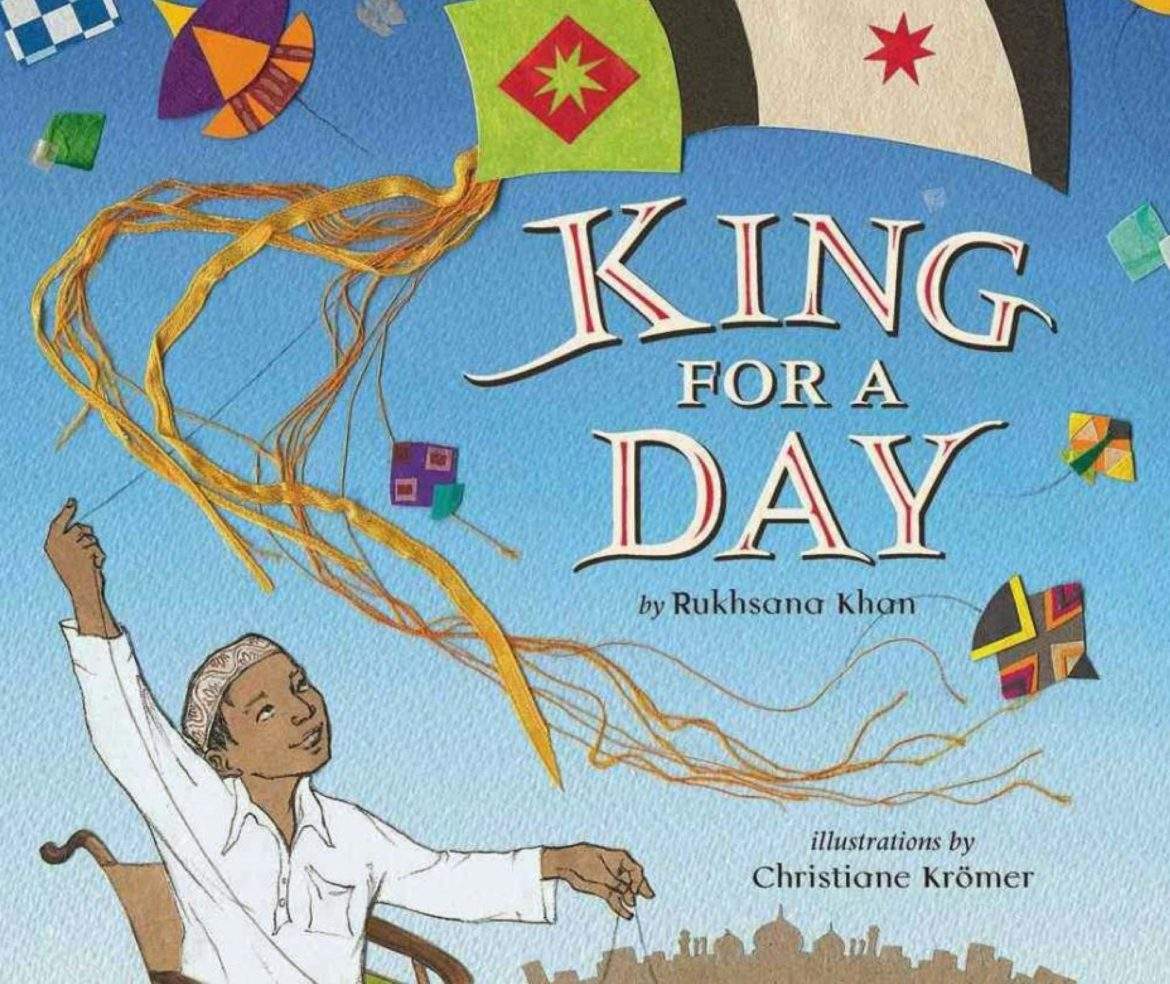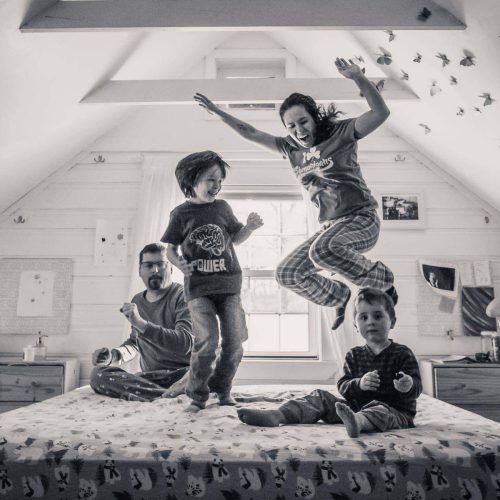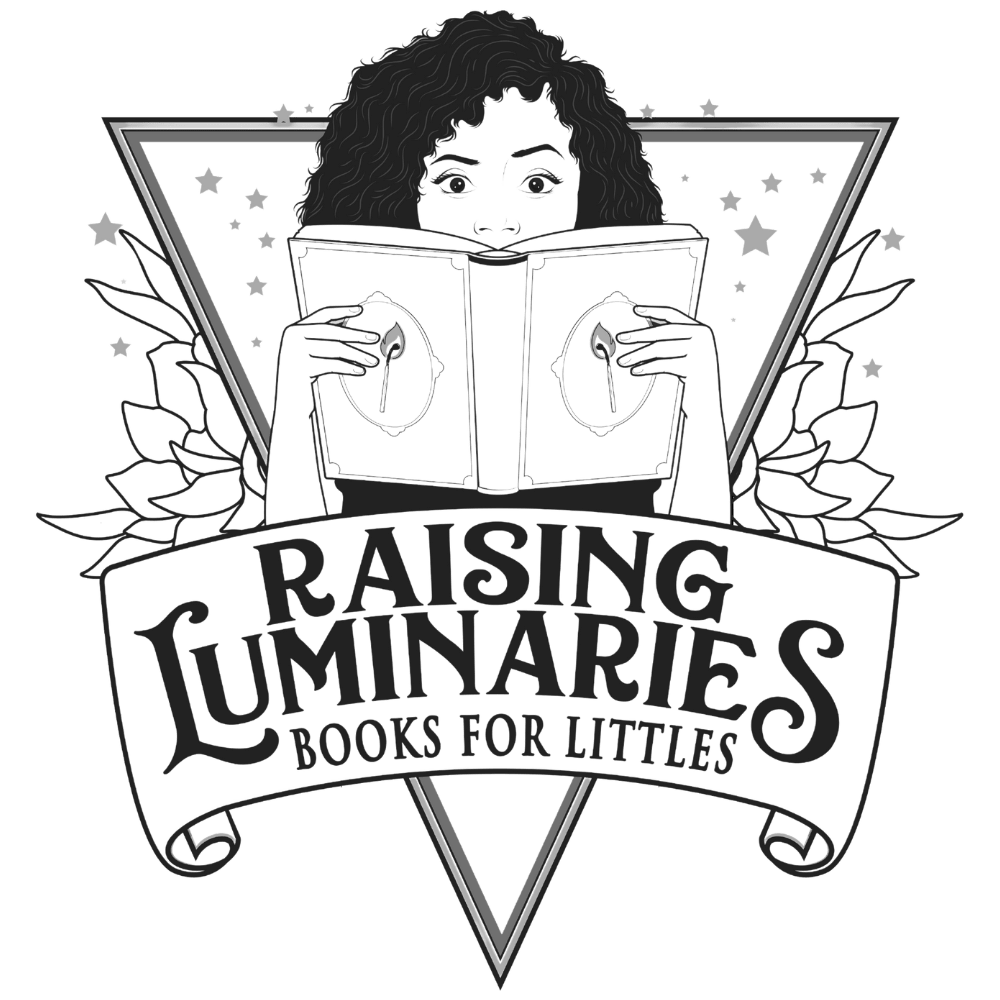[Featured Image Description: Book cover for ‘King For A Day.’]
This is the third in a four-part series on disability in children’s books: In this post, you’ll find stories starring disabled characters who aren’t defined by disability, teach your kids to see disabled people as peers worthy of respect, and discover how to recognize ableism & erasure in the media.
Raising Luminaries is free and accessible for readers who can’t afford a paywall. Posts may contain affiliate links, which allow me to earn a commission at no extra cost to you. Check out the full affiliate disclosure along with my statement of accountability.
Disability 103: Presuming Competence
Normalizing disabled characters and smashing tropes
In our previous post, we learned the life-or-death consequences of inaccurate representation of disabled people in teh media. Later, we’ll learn about kick-ass disabled heroes who fought for equality and inclusion.
But first – the most important books you need for your bookshelf – stories that normalize disabled characters and includes us in everyday narratives.
Stop using disability as a trope & humanize disabled characters
For more on normalizing targeted identities, check out the Uhura Test, featuring guidelines on normalizing girls of color in kidlit.
- Feature under-represented characters with agency.
- Are created by makers who have this lived experience, or consult those who have.
- Feature engaging plots with universal appeal, connecting any reader with empathy.
- Feature characters who are valuable and successful outside the gaze of a male/white/non-disabled kyriarchy.
- Bonus for disability: Non-disabled characters accommodate and acceptance the needs of disabled folks without any whining
- Contain token disabled characters – sidekicks, helpless victims, and villains. [Problematic example: The Snow Rabbit, Becky The Brave]
- Rely on tropes – sage blind grandmas, misogynistic autistic men, magic cures, etc. and uses disability as a Chekhov’s gun or plot twist. [Problematic example: Walking Through A World Of Aromas, Peter Nimble, French Toast, Lola And I]
- Use disabled identities as inspiration porn for non-disabled folks. [Problematic: In My World]
- Cheer non-disabled characters for basic human decency toward disabled friends and family, or contain excessive whining about how burdensome disabled people are for ‘real’ people to deal with. [Problematic example: My Brother Charlie, Just Because, Shelley The Hyperactive Turtle, My Brother Is Autistic.]
- Dismiss and minimize real obstacles and dangers caused by societies and environments hostile to disabled people, or completely forget they exist at all. [Problematic example: Dylan the Villain, ‘10 Little Fingers and 10 Little Toes‘]
March 2021: This page is no longer updated with new books. To keep up with new books normalizing disabled characters, check out our in-progress collection of Stories Normalizing Disabled Characters.
Captioned age ranges are for when my sons got ‘the gist’ of the story with discussion & alternative readings – most contain text for much older ages.
Accept Disabled Characters As Normal
‘King For A Day‘ is a gorgeous story of dedication and mastery of a craft, plus kindness and generosity with a bit of suspense thrown in. Also the main character uses a wheelchair. Actually – I’m downplaying this. This book is AMAZING. It’s absolutely everything I want in a book that both empowers and normalizes kids with disabilities. GO READ IT.
Clean It!‘ features a young family cleaning around the house. The main character wears a leg splint and his dad uses an inhaler. I adore every book in this series, but this is the only one with a disabled main character.
‘I Can, Can You?‘ is a regular toddler board-book featuring photos of tots with Down syndrome doing everyday kid things.
‘Dad And Me In The Morning‘ features a Deaf main character and a quiet morning sunrise with his dad.
‘Amelia Bedelia’s First Apple Pie‘ is one of the few Amelia Bedelia books where she isn’t shamed and ridiculed for her literal understanding of idioms. Her grandparents just accept her as she is and they are awesome. BTW: Amelia Bedelia is so obviously autistic. I grew up thinking she was the only reasonable character in a series of books about aggressively mean people who don’t know how to speak properly. The newer versions by the original creator’s nephew are the bees knees, and the adults in her life are kind and inclusive.
It means a lot to have someone like us so well-represented in kids books, even if the original books by Peggy Parish foisted her as a burden on her employers and friends and she was treated with kindness only when earning her humanity via her autistic area of interest – baking. (Which is actually pretty realistic.)
‘Real Friends‘ – In this graphic novel/semi-memoir, the protagonist has OCD, which is mentioned a couple times, but doesn’t define the character.
‘Hello, Goodbye Dog‘ – Features a wily, loving dog and her competent, loving owner (who happens to use a wheelchair).
‘Hands And Hearts’– Simple book featuring a mom and daughter’s day at the beach, and they communicate via ASL.
‘The Deaf Musicians‘ features an impromptu jazz session on the subway.
![]()

Ages 2+
Include Disabled Peers & Equals
‘Beautiful‘ is similar to ‘Lovely,’ but with more action and less diversity. The text reads like a sexist etiquette primer, and the images spin common stereotypes on proper little ladies with mud-slinging, active, goofy, rough, and tumble girls – some of whom are physically disabled. I’m not reading it to my sons because of the text – they don’t yet know that ‘beautiful’ is a value our culture holds for women (no boys in this book) and I prefer not to introduce that concept yet.
‘Happy In Our Skin‘ runs along the same lines, but for even younger children, and includes several mixed-race, interfaith, and gay families in addition to characters with vitiligo, wheel-chair users, facial birth marks, and one little girl with a conspicuous brow-line, which could be a marker for an unspecified disability (or not). One caveat: one line equates skin color in terms of food (which is a demeaning device often used to describe POC in literature.) It’s something to be aware of.
‘Have Fun, Molly Lou Melon‘ centers on a non-disabled girl (depending on how familiar you are with the series, as she is explicitly celebrated as an empowered, kick-ass Little Person in ‘Stand Tall, Molly Lou Melon‘) and her best friend uses arm crutches for mobility. It’s never addressed in the story and I love that.

Change The Environment To Suit Disabilities – Not The Person
‘Ernest, The Moose Who Doesn’t Fit‘ is about a Moose who doesn’t fit in the book. (Obviously.) The solution is an allegory for inclusion – change the book, not the moose.
Ada Twist, Scientist is about a science-minded, hyper-focused little girl whose parents reject her interest in science and worry about her lack of speech until an advanced age. Like Amelia Bedelia, she’s also a neurodivergent super-hero without explicitly stating the obvious. Eventually her parents come around and stop trying to force her into behaving neurotypical.
‘Charlotte And The Quiet Place‘ isn’t explicitly about sensory processing disorders, but helps all children begin to understand the need to escape from painful, overwhelming sensory input.
Update March 2021:
This page is no longer updated with new books. To keep up with new books normalizing disabled characters, check out our in-progress collection of Stories Normalizing Disabled Characters.
Up next in part 4: Real-life heroes
Check out part 4 of this series to learn why books about disabled heroes must be read with a critical eye. Click here to continue to the next post.
Stay Curious & Stand Brave
Support these resources via Paypal | Venmo | Ko-fi | Buy a t-shirt | Buy a book




















8 comments
I’m curious about your thoughts on the book called “how many marbles do you have”? I am recently diagnosed with me/CFS and I purchased it to help explain my limitations to my little people. I think it accomplishes that well, but I am curious what you think 😉
Haven’t read ‘How Many Marbles Do you Have’ but it looks promising, is it based on Spoon Theory?
We have had success on discussing spoon theory with the kids with Noah the Narwhal, and it looks like the Marbles book might give kids a more tangle way to get the concept.
Spoon theory, by Christine Miserandino: https://butyoudontlooksick.com/articles/written-by-christine/the-spoon-theory/
Noah the Narwhal: https://bookshop.org/a/1122/9780999008423
Where’s Chimpy? by Berniece Rabe is out of print, but I own it & like it because, while the photographs show a child who has Down syndrome, the story is universal, about a little girl who can’t find her stuffed monkey at bedtime, but does find a dozen other favorite toys while searching for monkey.
This looks amazing! Thank you!
Hi! me again 🙂 I just read an article written by the author of the book “Just Because” in which she writes that the book is based on the interactions between her young son and her daughter with mental and physical disabilities. I wonder if things like make a difference- easpecially because you put this book as an example of bad dipiction. Would love to hear your thoughts.
Oh boy. ‘Just Because’ makes me twitch. It’s awful. Most of the most problematic books are written by non-disabled parents about their disabled children, and activists within the disability rights movement find non-disabled family members to be the biggest obstacle to equal rights.
Kerima Cevik said it best in her interview with intersected:
For the book itself – aside from the blatant sexism, and centering on a non-disabled boy ABOUT his disabled sister without including her perspective or giving her any agency or control in the story – the point of ‘Just Because’ is to explain how useless his disabled sister is. From the book:
Throughout the book, the brother both views and treats his sister like an accessory and a pet. The author makes no attempt to humanize the sister, or ask any adults with her same disabilities to review it to make sure it’s not full of bigotry. Blegh. Barf.
“
Thank you for your all your informative posts about disability representation in children’s books. I’m in the midst of writing a college thesis which focuses on the same topic, and your posts have been immensely helpful to me!
How exciting! I’m so glad to hear you’re exploring this. Thank you!